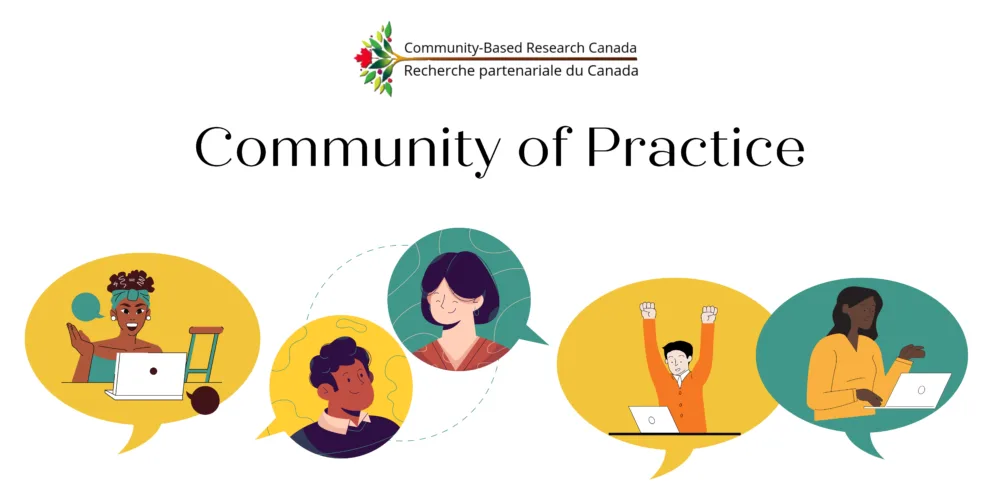CBRCanada Community of Practice: “Community Engagement Policy: How to Continually Connect with Community in Meaningful Ways” – Feb. 9, 2024
Community of practice meetings actively bring together CBRCanada members from across Canada and beyond to engage in meaningful discussions. All involved in community-based research are welcome, whether you are a researcher, peer-researcher, student, project coordinator, administrator, director, or community leader. The purpose of the community of practice is to network with others, learn from each […]


